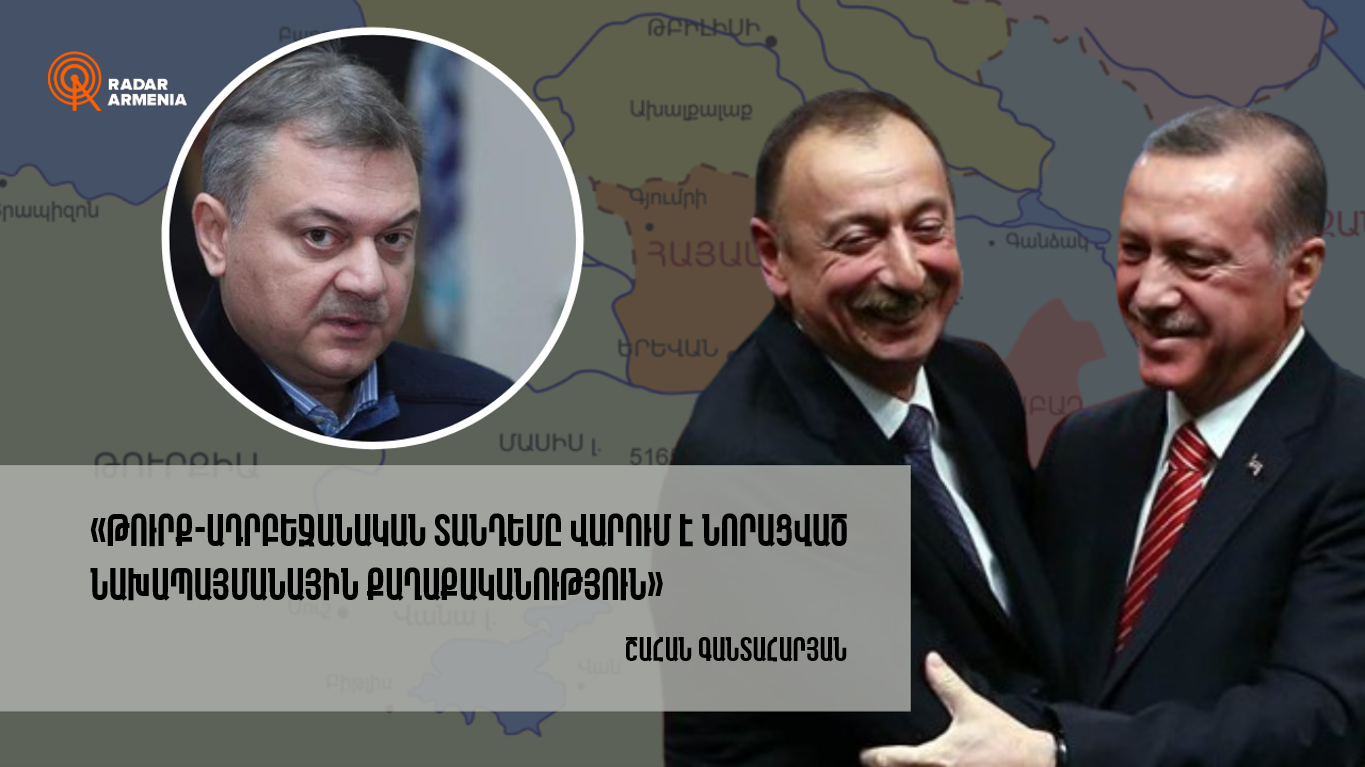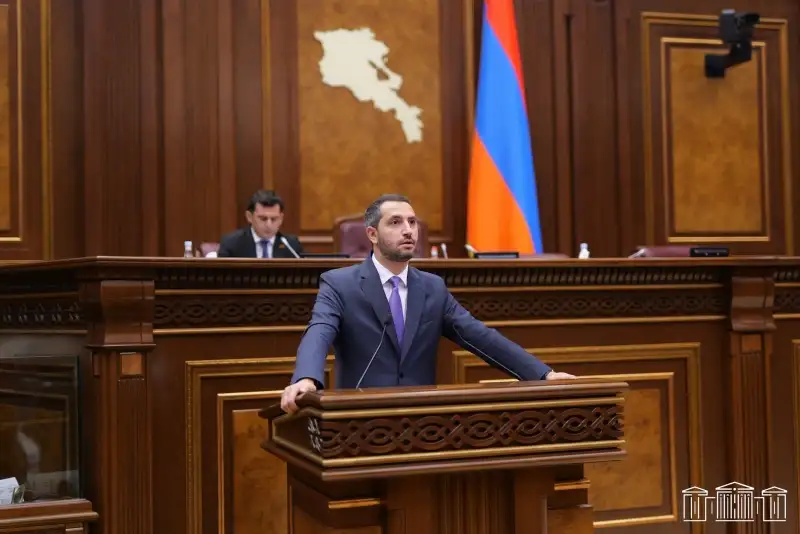Radar Armenia's interlocutor is Shahan Gantaharyan, an international scholar.
- Iran has again stated that it is against foreigners appearing in the region to solve regional issues. What do you think this means?
- It is clear that Iran does not want foreign forces to appear on its borders. But by foreign powers, Iran means the West and Russia. Meanwhile, Russia wants to control the Nakhichevan-Azerbaijan road and always refers to the November tripartite agreement. In a certain sense, this position of Iran is conditioned by the transition to the practical stage of the new life route from the Persian Gulf to the Black Sea. Iran does not want its outlet to the Black Sea and, via that route to Europe, to be controlled by other powers. Here, the coincidence of Iranian and Armenian interests is remarkable.
- In this context, we should note that Russian Deputy Foreign Minister Galuzin made a similar statement, noting that the situation has become chaotic where the USA, EU, and NATO have appeared. Is there no threat or warning to Armenia in the footnote of this statement?
- Russia is fighting not to give up its position in the South Caucasus. But, the ring is tightening step by step. Iran, France, and Brussels have a presence in Syunik, and representatives of the US Embassy are often there. This indicates that Syunik will not be a single territory but the entire region. Moscow's message to the international community is not to penetrate through Armenia into the areas considered to be Russian domains. However, the process goes differently than Moscow's ideas.
- Official Moscow claims that Armenia's presence in the CSTO is in the interests of the Armenian people, then states that there is no alternative to the CSTO mechanism from the point of view of ensuring Armenia's security. Is being in the CSTO not of critical importance for Armenia today?
- CSTO moved according to different standards, according to the cases. He reacted very quickly and promptly to the events in Kazakhstan and did not give a political assessment of the invasion of Armenian territories by Azerbaijan. This means that the CSTO is not an inactive structure, but it is revitalized or mobilized depending on the political moment.
- Aliyev claims that there will be no peace treaty if Armenia does not solve the problems related to its legislation. Will Aliyev go to a new war if the Armenian constitution is not changed?
- This is the precondition of the renewed policy of the Turkish-Azerbaijani tandem. They are trying to neutralize every claimant based on the document-precondition policy. They make demands with the threat of war. Ankara is involved in this pre-conditionality because it connects Yerevan-Baku and Yerevan-Ankara relations. There was neither a partial border opening nor did it work for third-country citizens and diplomats. The bridge of Ani is not remembered at all. Prerequisites will continue. Baku and Ankara are trying to get the maximum. Let's note simultaneously that, contrary to the statements, a document has yet to be signed where Artsakh is a part of Azerbaijan.
A different strategy is needed to change the rules of the Turkish-Azerbaijani tandem game. Ottawa, Paris, even at the level of the legislator, were at least reminded that the right to self-determination remains the most essential principle of conflict resolution.
A new strategic and tactical package is needed to bypass the preconditions of the Turkish-Azerbaijani tandem.
- How do you interpret the Turkish president's visit to Egypt? Considering the Israeli-Palestinian conflict, what messages does this visit contain?
- It is too early to conclude. We should not brag; we should confirm that Ankara and Cairo are ending the previous opposition. The two states still need help with each other. Ankara is working aggressively to become an active presence and factor in the African region. The same approach works in the Middle East and the Arab world. In both geographical environments, Cairo will not want to give up its positions of influence to Ankara.
Hayk Magoyan


















